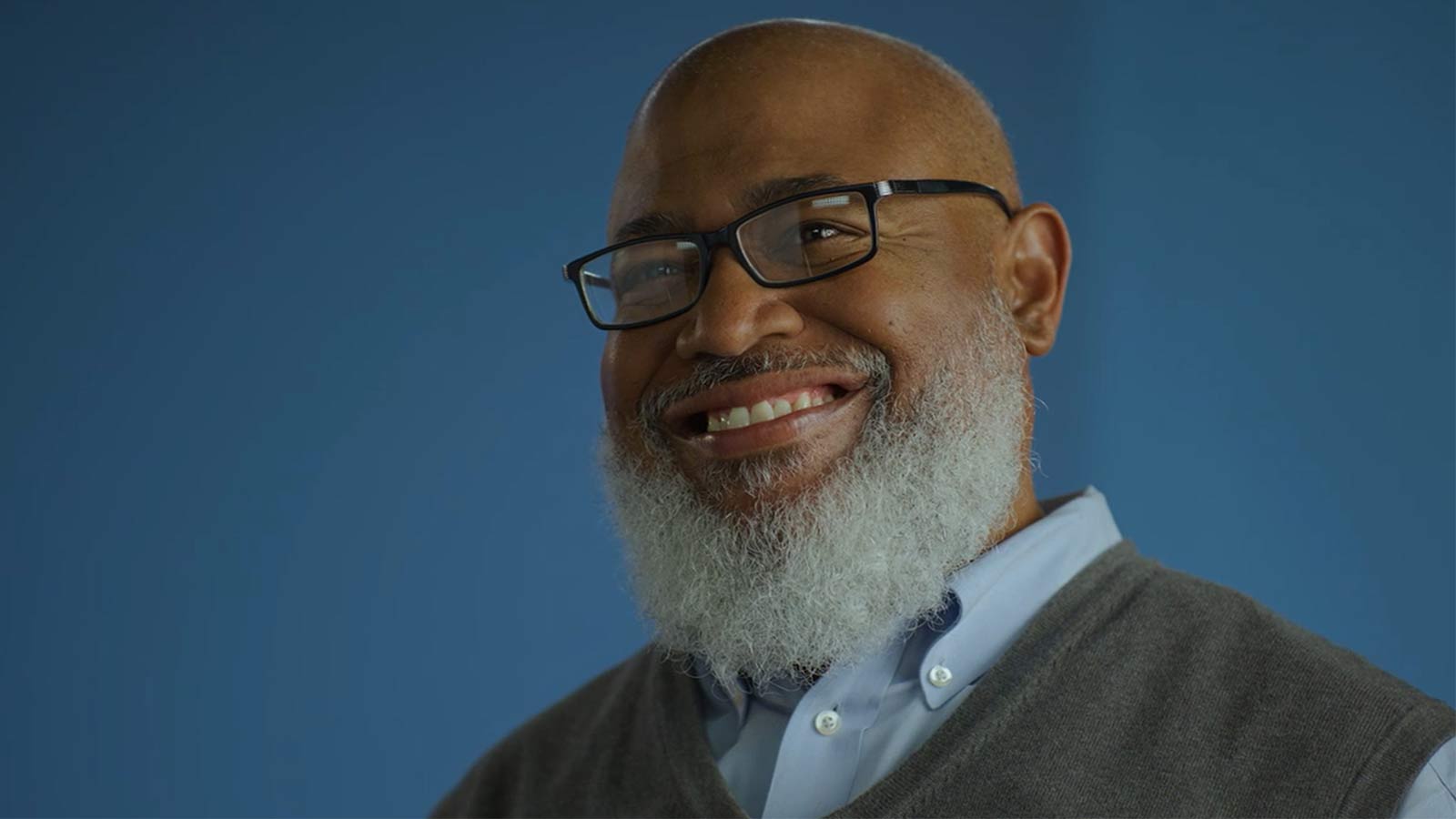Rare Kidney Autotransplant Gives Patricia More Time With Family
A unique type of organ transplant using her own kidney helped Patricia Walker to avoid dialysis and improve her quality of life.

Patricia Walker wasn’t surprised when she was diagnosed with chronic hypertension in the late 1990s. Both of her parents had high blood pressure, and all of her siblings were taking medication to control their levels.
But what came as a shock was the damage it did to her kidneys. With one kidney not functioning and the other just hanging on, Patricia faced dialysis and possibly a long wait for an organ transplant. But thanks to a rare procedure called a renal autotransplant, performed at Virtua Our Lady of Lourdes Hospital in Camden, Patricia is back enjoying life with her family.
“I didn’t want to go on dialysis. My mother was on dialysis. I know what she went through. If I could help it, I didn’t want to,” said Patricia, of Willingboro. “I still wanted to work and function.”
Heart Attack Leads to Discovery
Patricia began to experience dizziness and headaches after the birth of her youngest son, Aizik, in 1998 and was diagnosed with high blood pressure. Despite medication and lifestyle changes, Patricia’s undersized right kidney eventually failed. This left her left kidney alone to filter her of waste products and return vitamins, hormones, and other vital substances to the bloodstream.
In March 2019, Patricia was driving home from her job as a licensed practical nurse serving Trenton-area residents with developmental disabilities when she began to feel fluttering in her chest. Not feeling well, she asked her husband to take her to the emergency room.
Patricia learned she had suffered a heart attack and needed surgery to bypass four blockages in her coronary arteries. During her stay at Our Lady of Lourdes, doctors learned her left kidney was not functioning well, forcing her to temporarily go on dialysis.
Exhausting All Options
Following her stay in the hospital, Patricia was referred to nephrologist Dorothy Min, MD. Through an MRI, Dr. Min confirmed Patricia had left renal artery stenosis, a narrowing of the arteries feeding the kidneys. Dr. Min feared Patricia’s difficult-to-manage hypertension and circulatory issues, would cause her left kidney to fail.
In September 2019, Patricia received a stent to keep her renal artery open.
“After the stent, I would feel better,” she said. “But after three months, the symptoms came back.”
“Her kidney function would improve, but then she would get some symptoms again. Her blood pressure would rise, she got headaches, and swelling,” said Dr. Min. “Her body was creating substances that would block blood flow to her renal artery.”
After the third stent failed, Dr. Min suggested Patricia see Virtua vascular and transplant surgeon Nasser Youssef, MD, to discuss a renal artery bypass and autotransplant. Patricia was hesitant and didn’t want to make the appointment. “I was afraid because I didn’t know what that was,” she said.
“When a patient fails stenting, I know it is likely we may need to do a renal artery bypass. It’s not common, and it’s an aggressive surgery,” said Dr. Min. “But I didn’t have a choice with her. I knew she would end up on dialysis and need a kidney transplant.”
Surgical Expertise
Only a handful of transplant programs in the country perform renal autotransplants, in which a surgeon removes a kidney, fixes its vascular or ureter problems, and implants it back into the patient. Virtua Our Lady of Lourdes, the only hospital in South Jersey performing kidney, pancreas, and liver transplants, has offered the procedure for about 17 years.
During a four-hour surgery in November 2020, Dr. Youssef and colleague Ely Sebastian, MD, removed Patricia’s left kidney, placed it in the front of the lower part of her abdomen, and connected it to the iliac artery, the main blood supply to the legs. Patricia spent 11 days recovering in the hospital.
“This requires a lot of vascular and transplant expertise,” said Dr. Youssef. “We were able to do it before she experienced complete kidney failure. She did very well and has normalized kidney function.”
Traditional transplants require the patient to take specialized medication so the body does not reject the new donor organ. As autotransplants use the patient’s own organ, such drugs aren’t necessary.
“She doesn’t have to take the immunosuppressive drugs,” Dr. Min said. “This is her own kidney that is getting better blood flow by moving it.”
Patricia will still need to take medication to control her high blood pressure and cholesterol and live a heart-healthy lifestyle. But by avoiding dialysis and a potentially long wait for a donor kidney, Patricia has more time to spend with her family.
“I feel great. I really do. I am so happy. I don’t have to worry about the swelling or shortness of breath,” she said. “I don’t have to keep going back for a new stent. It really weighed on my mind.”
South Jersey’s Only Transplant Program
For more than 40 years, we’ve successfully performed thousands of kidney, pancreas, and liver transplants, with some of the best outcomes in the region. Learn how to make an appointment with one of our transplant navigators.






















